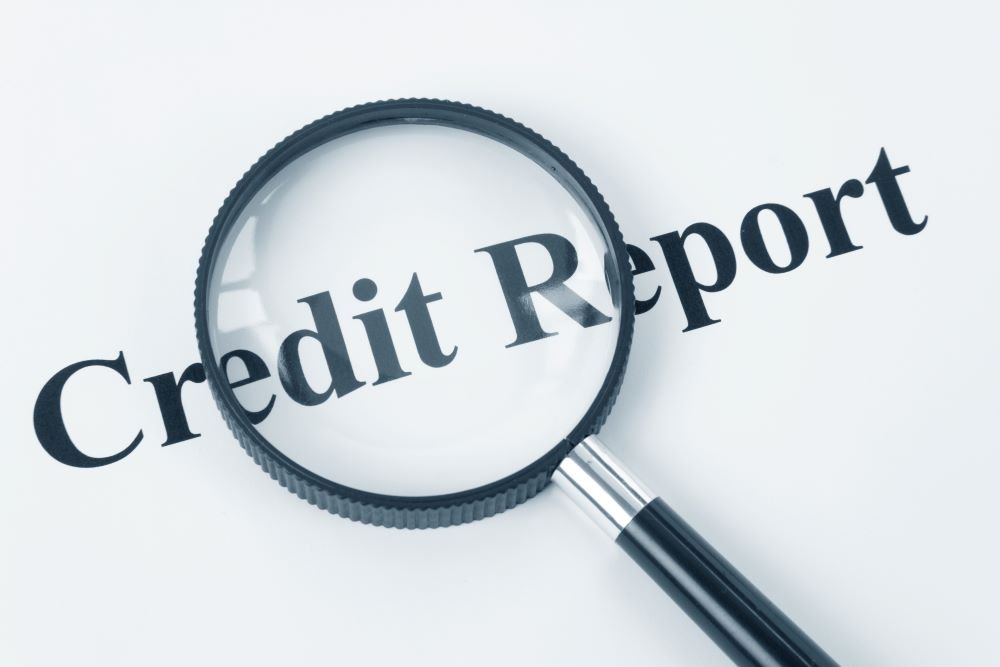When you think about your credit report, you might imagine it as just a boring list of numbers or a score that determines whether or not you can get a loan. But your credit report is much more than that. It’s a detailed snapshot of your financial behavior, and it can impact many parts of your life, from loan approval to interest rates and even job opportunities. Reviewing your credit report regularly is an important step in maintaining financial health and ensuring everything is accurate.
If you’re in Arizona and dealing with debt, you may be considering options like debt settlement companies in Arizona to help improve your financial situation. One of the first steps in resolving debt is understanding what’s going on with your credit report. In this article, we’ll walk you through the main sections of your credit report and what to look for when reviewing it. By knowing what to check, you’ll be better prepared to tackle any issues and take control of your financial future.
Understanding the Structure of Your Credit Report
A typical credit report is divided into several sections, and each one plays a role in determining your credit score. When you pull your credit report (you’re entitled to one free report every year from each of the three major bureaus—Equifax, Experian, and TransUnion), you’ll see these sections clearly laid out. Here’s what each section means and why it’s important:
- Personal Information
This section contains your identifying details—your name, address, phone number, Social Security number, and date of birth. It’s important to verify that all of this information is correct. Mistakes here can sometimes lead to credit issues, such as being confused with someone else with a similar name or address.
Keep an eye out for any unfamiliar addresses or personal details, as these could indicate that someone is attempting to steal your identity. If anything looks incorrect or suspicious, contact the credit bureau immediately to get it corrected. An inaccurate credit report can affect your ability to get credit or loans, so ensure everything here is up-to-date and correct.
- Credit Accounts
The accounts section is the heart of your credit report. This section details all the credit accounts you’ve opened, such as credit cards, mortgages, car loans, and personal loans. It will list the account name, the balance, your credit limit (if applicable), and the status of your payments (whether you’re current, late, or delinquent).
It’s crucial to go through this section carefully and check for any accounts that you don’t recognize. Sometimes, fraudulent accounts or errors may appear here. If you notice an account you didn’t open or recognize, it could be a sign of identity theft or a reporting error. In this case, contacting the creditor and the credit reporting agency is essential to resolve the issue.
You should also pay attention to the status of your accounts. If you’ve missed payments or are carrying high balances, this will negatively impact your credit score. If you’re struggling with managing your debts, debt settlement companies in Arizona may offer services that help you reduce your debt, which could improve the standing of these accounts.
- Collections
If you have any accounts sent to collections because of unpaid bills, this section will include details of those accounts. Collection accounts can significantly impact your credit score and are often the result of missed payments or unresolved debt.
It’s important to check for any collections you might not recognize. If you’re unsure about a collection account, reach out to the collection agency for more information. In some cases, collections might be reported inaccurately, and you can work to have them removed if you settle the debt.
If you have collections on your report, it’s a good idea to work on settling them. Debt settlement is one approach that might help you negotiate with creditors to reduce the debt, which could also remove the collection from your credit report. Resolving these accounts can go a long way in repairing your credit.
- Credit Inquiries
This section lists all the companies and organizations that have requested your credit report. There are two types of inquiries: soft inquiries and hard inquiries.- Soft inquiries occur when you check your own credit or when companies check your credit for promotional purposes, such as credit card offers. These do not affect your credit score.
- Hard inquiries occur when you apply for credit, such as a loan or credit card. These can impact your credit score and may remain on your report for up to two years.
While a single hard inquiry doesn’t usually have a large effect on your score, too many hard inquiries within a short time can indicate that you’re applying for too much credit, which can make lenders nervous. If you see inquiries that you didn’t authorize or that seem out of place, it’s a good idea to investigate further.
- Public Records
The public records section includes legal filings, such as bankruptcies, liens, or judgments against you. A bankruptcy, for instance, can have a long-lasting impact on your credit report, remaining there for up to 10 years.
It’s essential to review this section to ensure no errors have been made in reporting any legal actions. If you’ve gone through bankruptcy, make sure it’s being reported correctly and that it’s accurately reflected as discharged if applicable. Any errors or outdated information can be disputed with the credit bureaus to ensure it is removed.
Why Regularly Checking Your Credit Report Is Important
By now, you might be thinking, “Why is all this so important?” The short answer is that your credit report plays a critical role in your financial life. It affects everything from your ability to qualify for loans and mortgages to the interest rates you’re offered. A strong credit report can save you money and make it easier to access the financial services you need, while a weak report can hold you back.
Regularly checking your credit report ensures that everything is accurate, that you’re not falling victim to fraud, and that you have the information you need to make informed decisions about your finances. If you spot any mistakes or issues, it’s important to address them right away.
What to Do If You Find Issues on Your Credit Report
If you come across any discrepancies or negative items on your credit report, don’t panic. The good news is that you can dispute errors, and in many cases, they can be removed. The first step is to contact the credit bureau that issued the report and file a dispute. You’ll need to provide any supporting documentation to help prove your case.
For accounts in collections or if you’re dealing with debt you can’t manage, consider working with debt settlement companies in Arizona or other similar services to help reduce your outstanding balances. These companies can help you negotiate settlements with creditors, which could ultimately help improve your credit report once the debts are settled.
Conclusion: Be Proactive and Stay Informed
Your credit report is one of the most important financial documents you have, and understanding what’s in it can help you manage your money more effectively. By knowing what to look for—whether it’s personal information, account details, collections, inquiries, or public records—you’ll be better prepared to address any issues that arise. Regularly reviewing your credit report ensures that you stay on top of your financial health and avoid potential problems before they grow. So, take a few minutes every year to check your credit report—your financial future depends on it!


















Leave a Reply